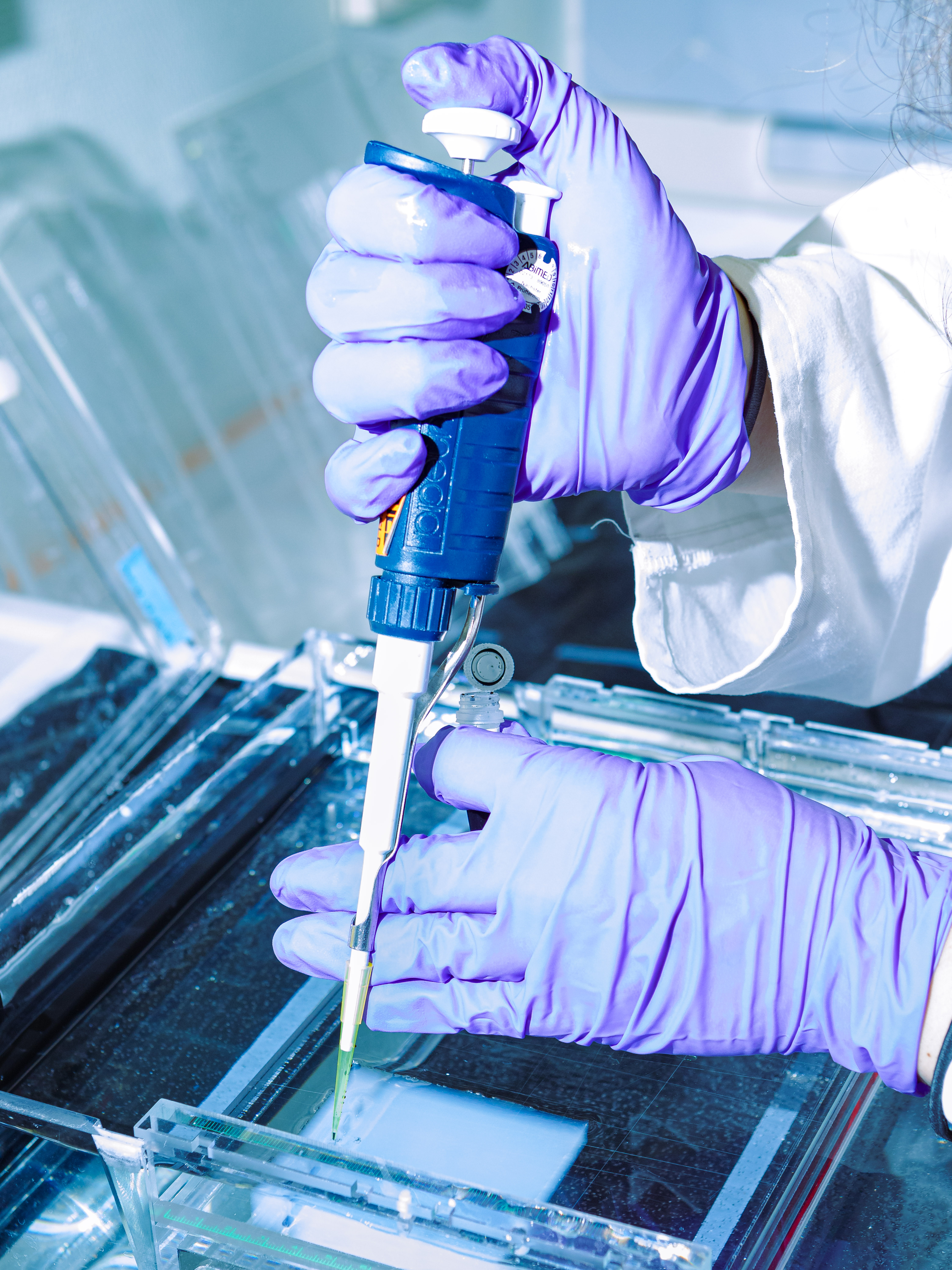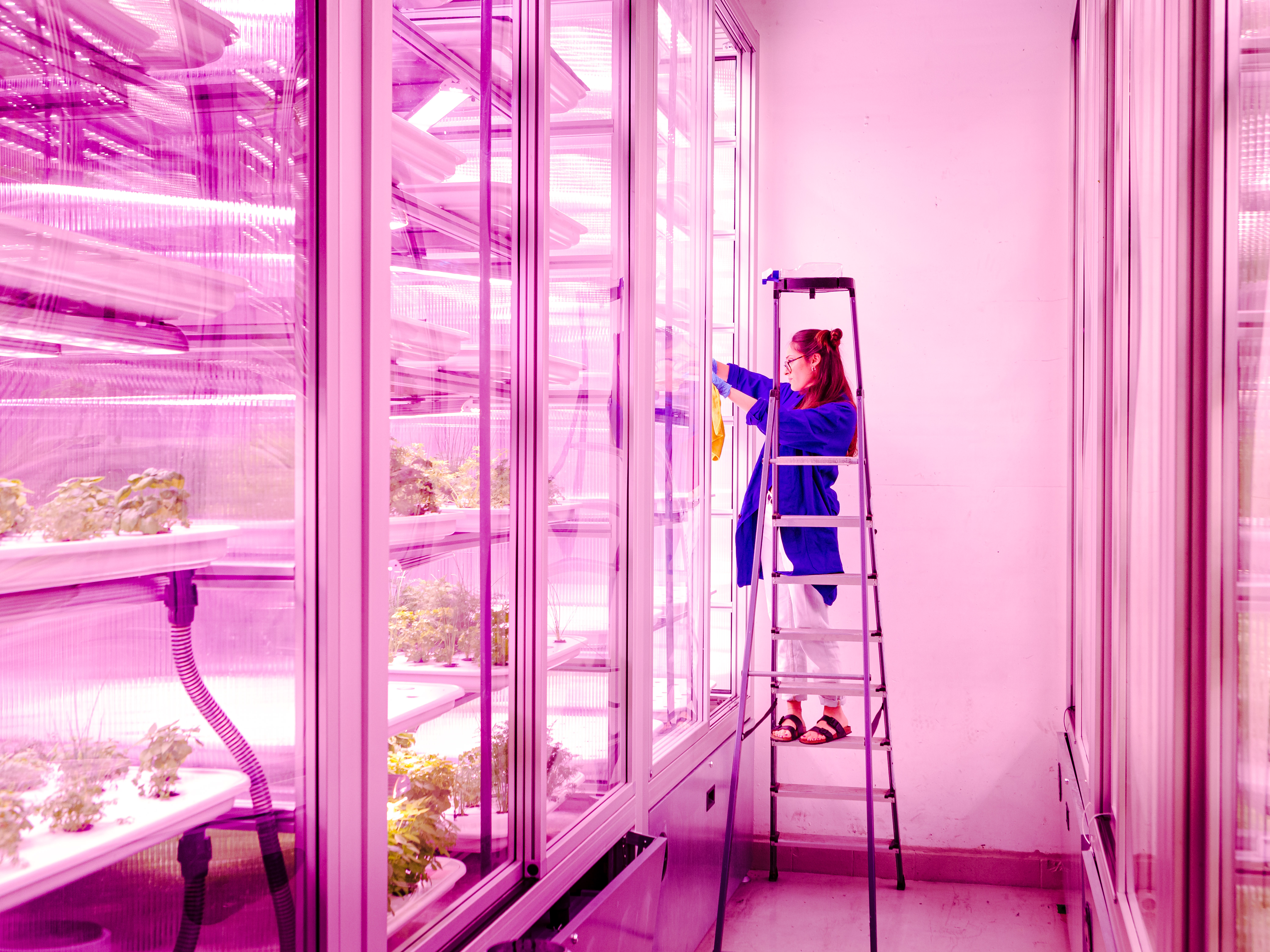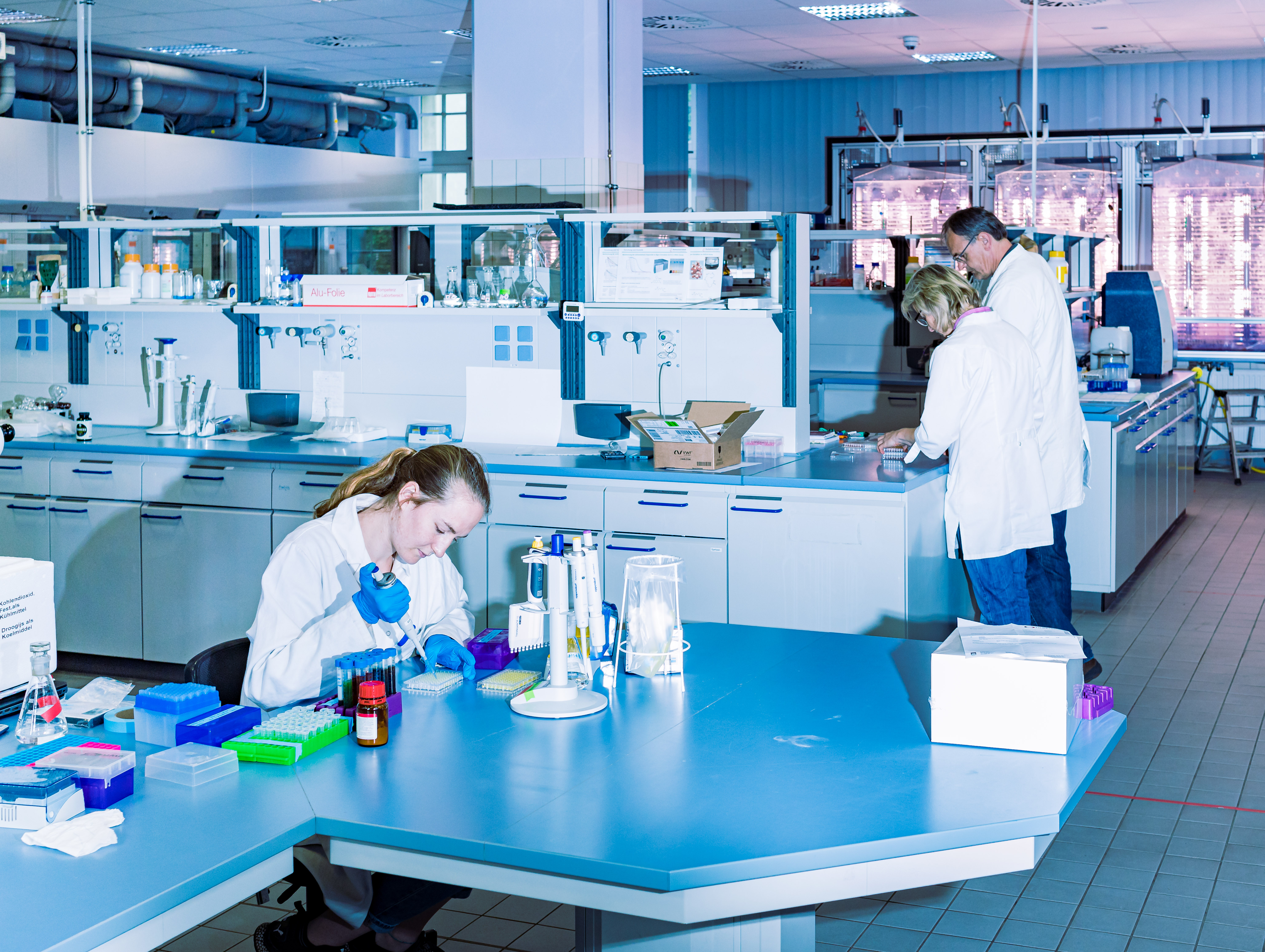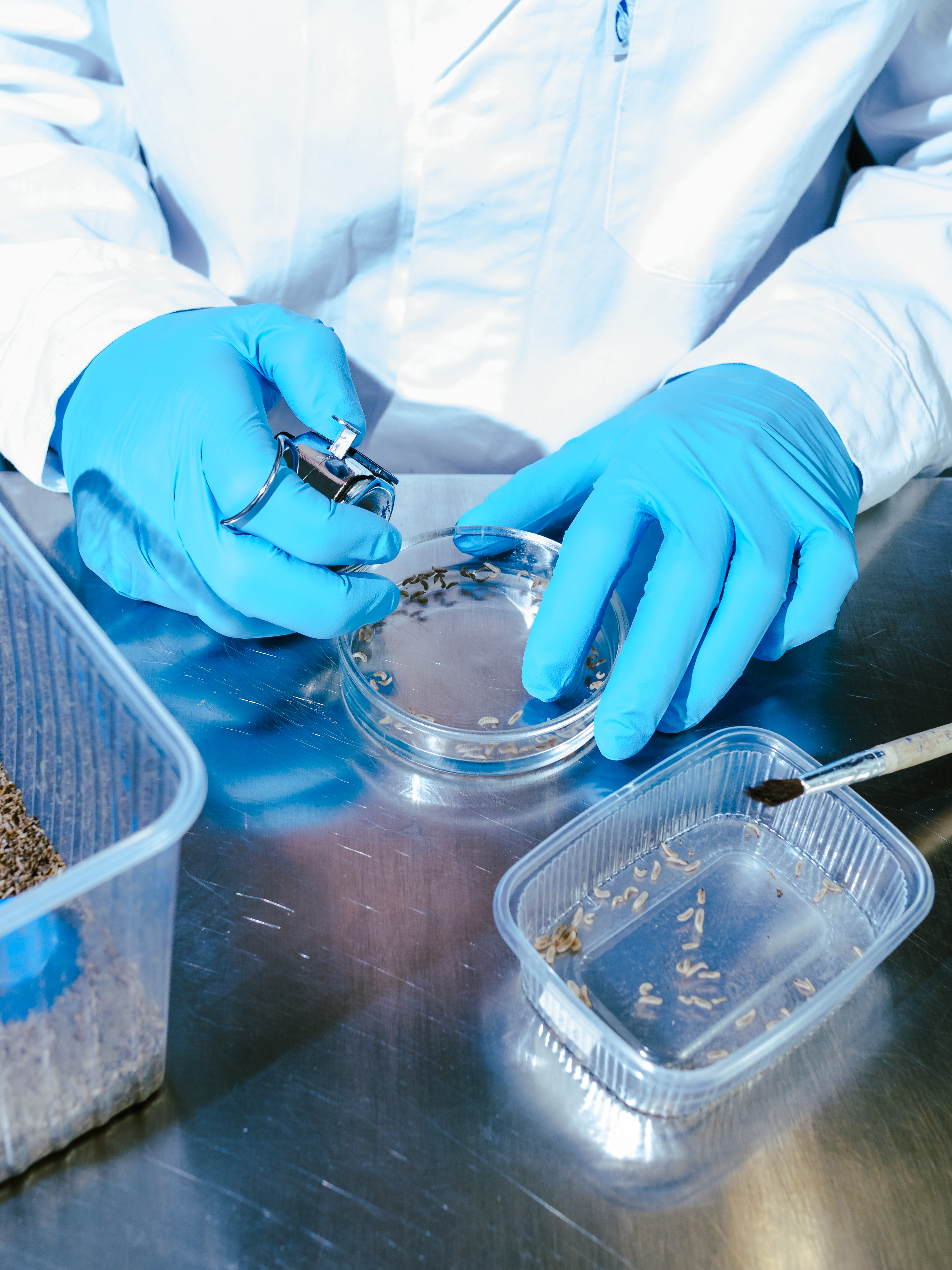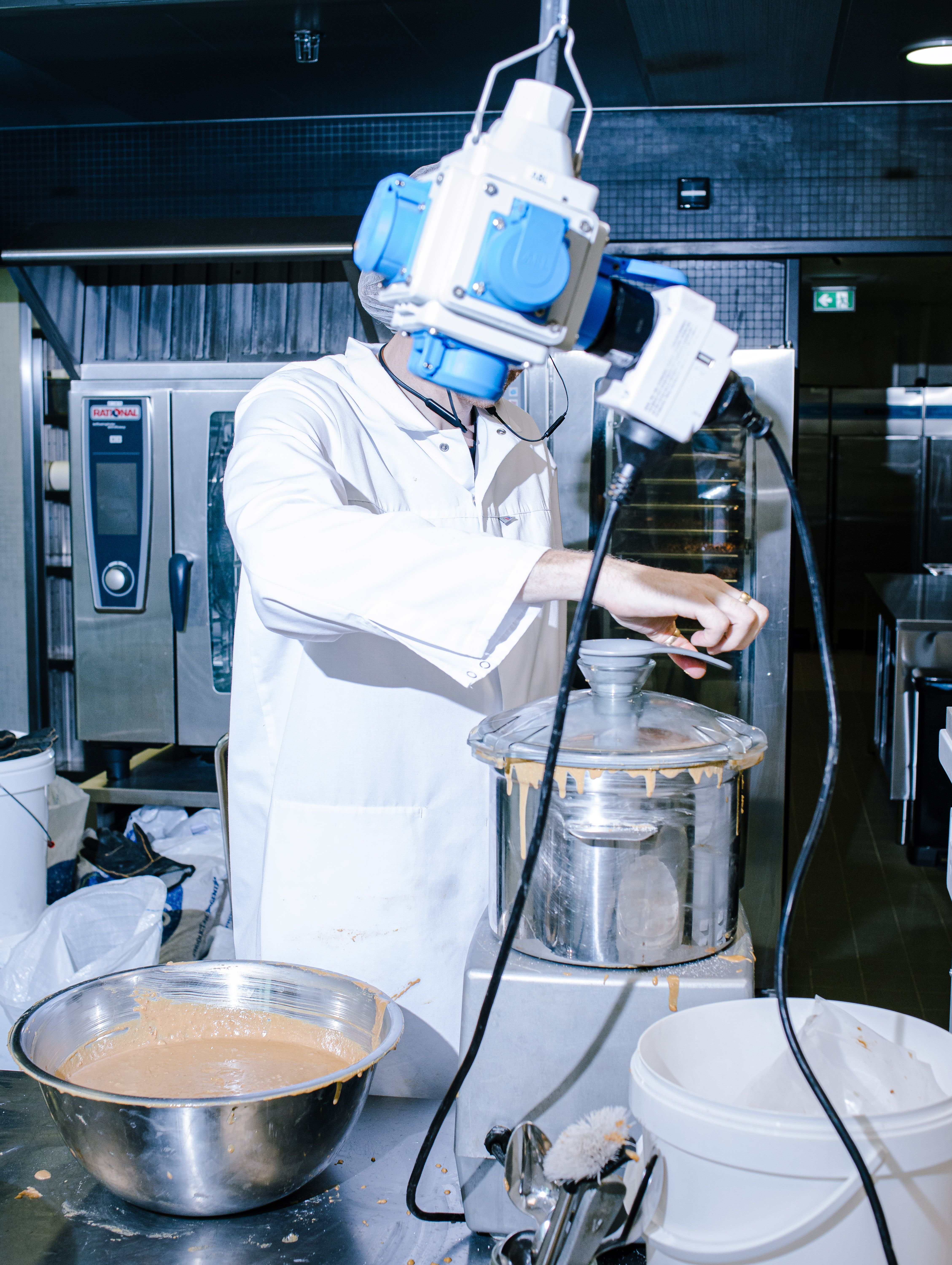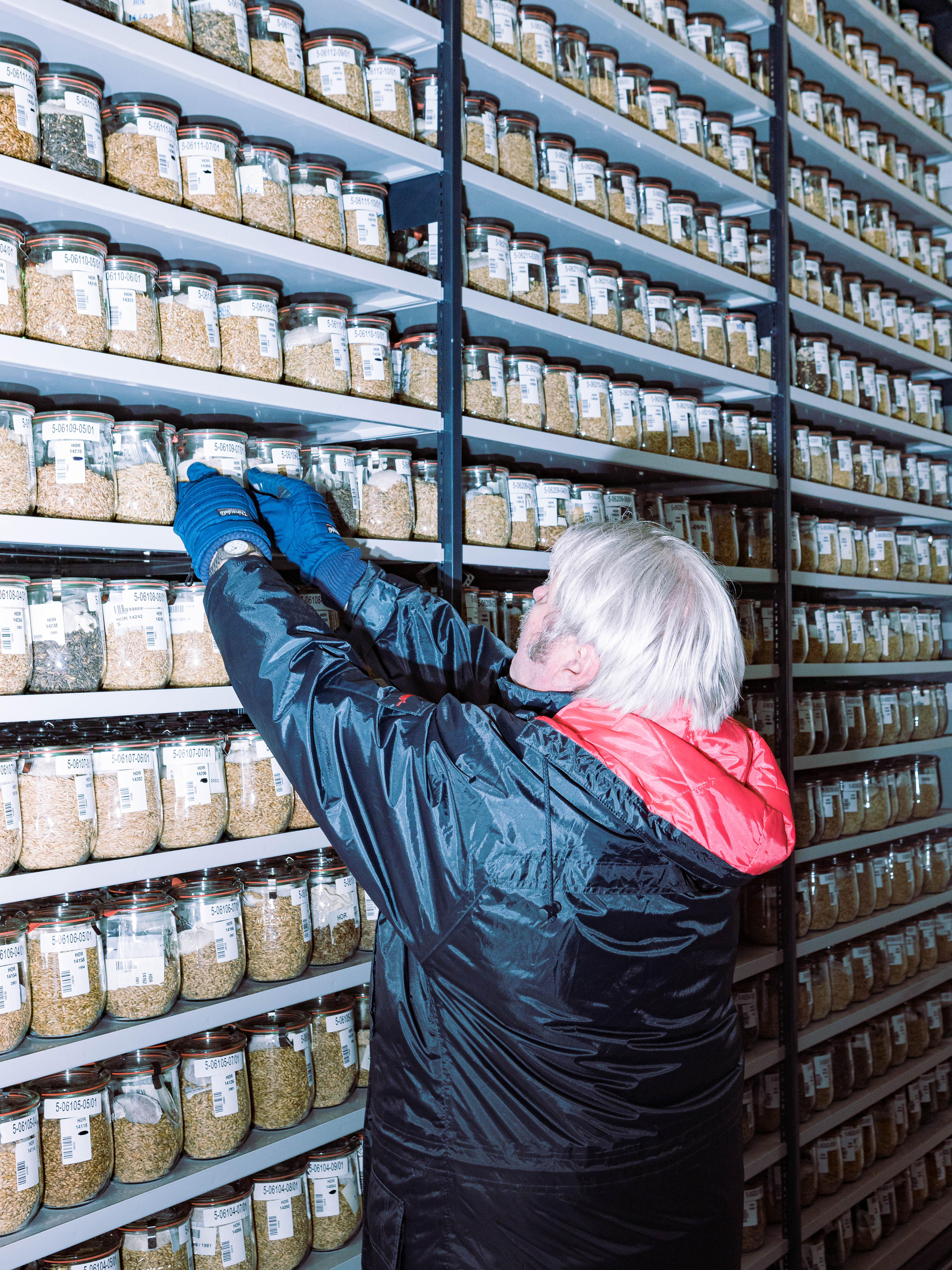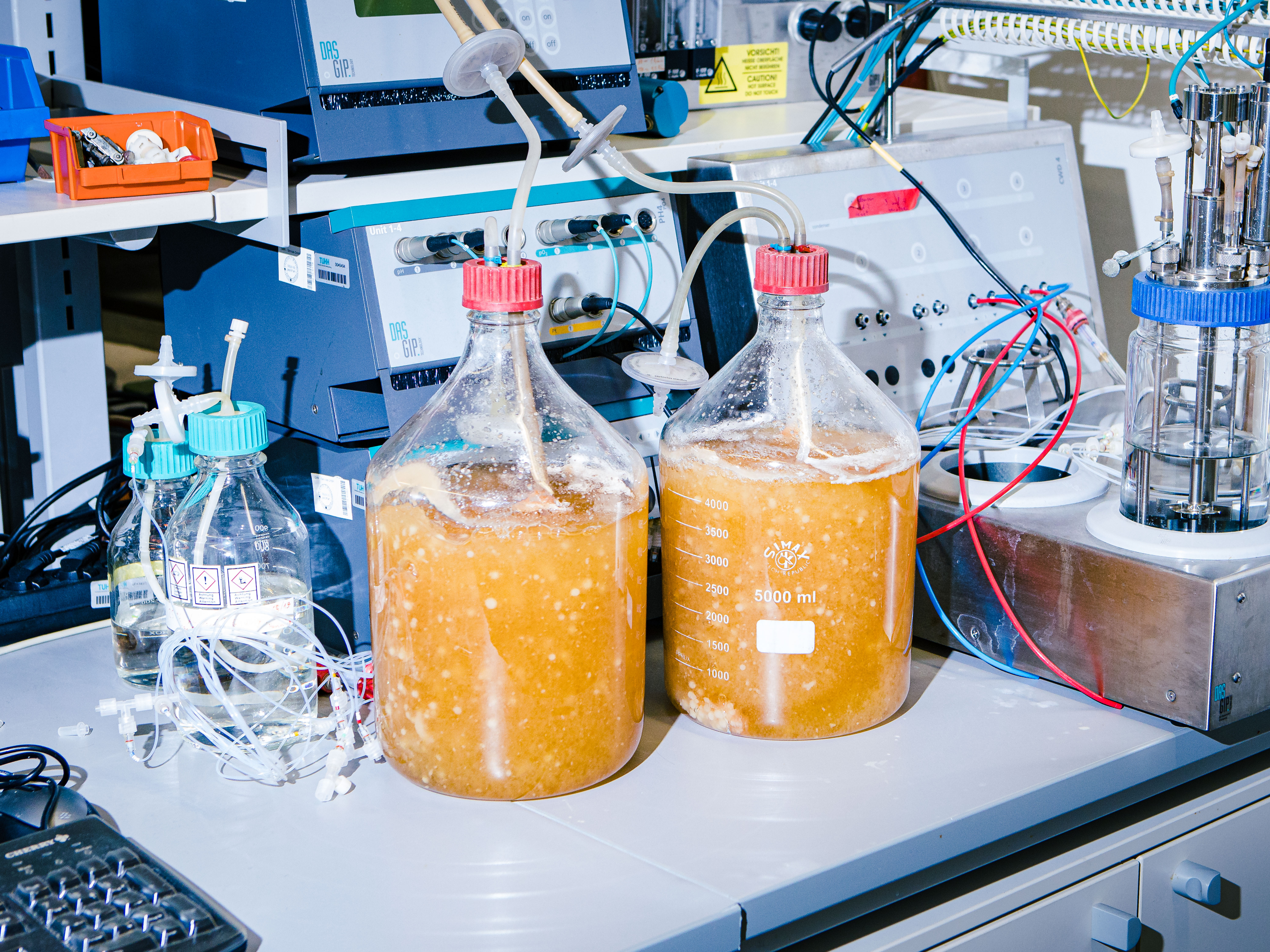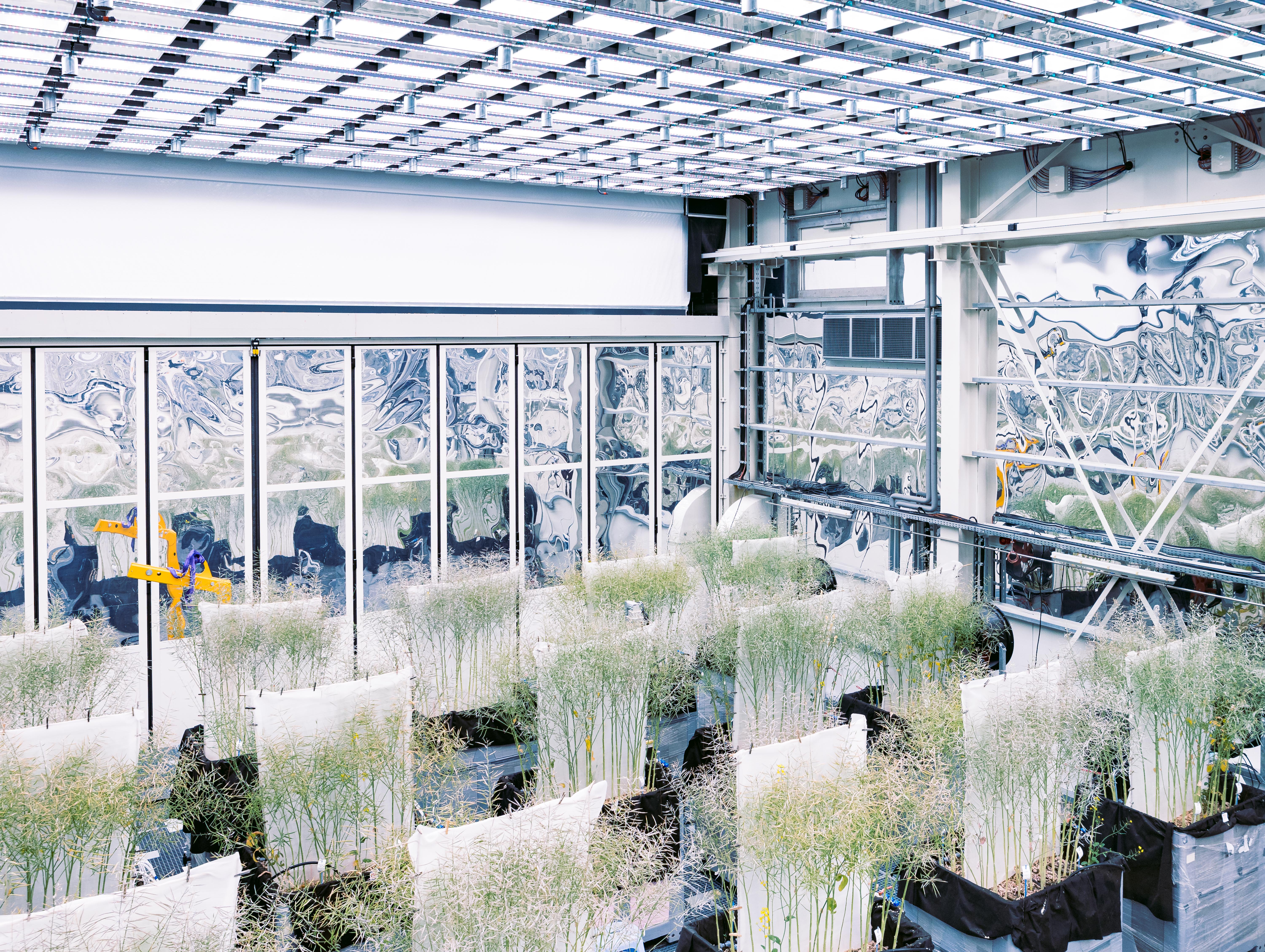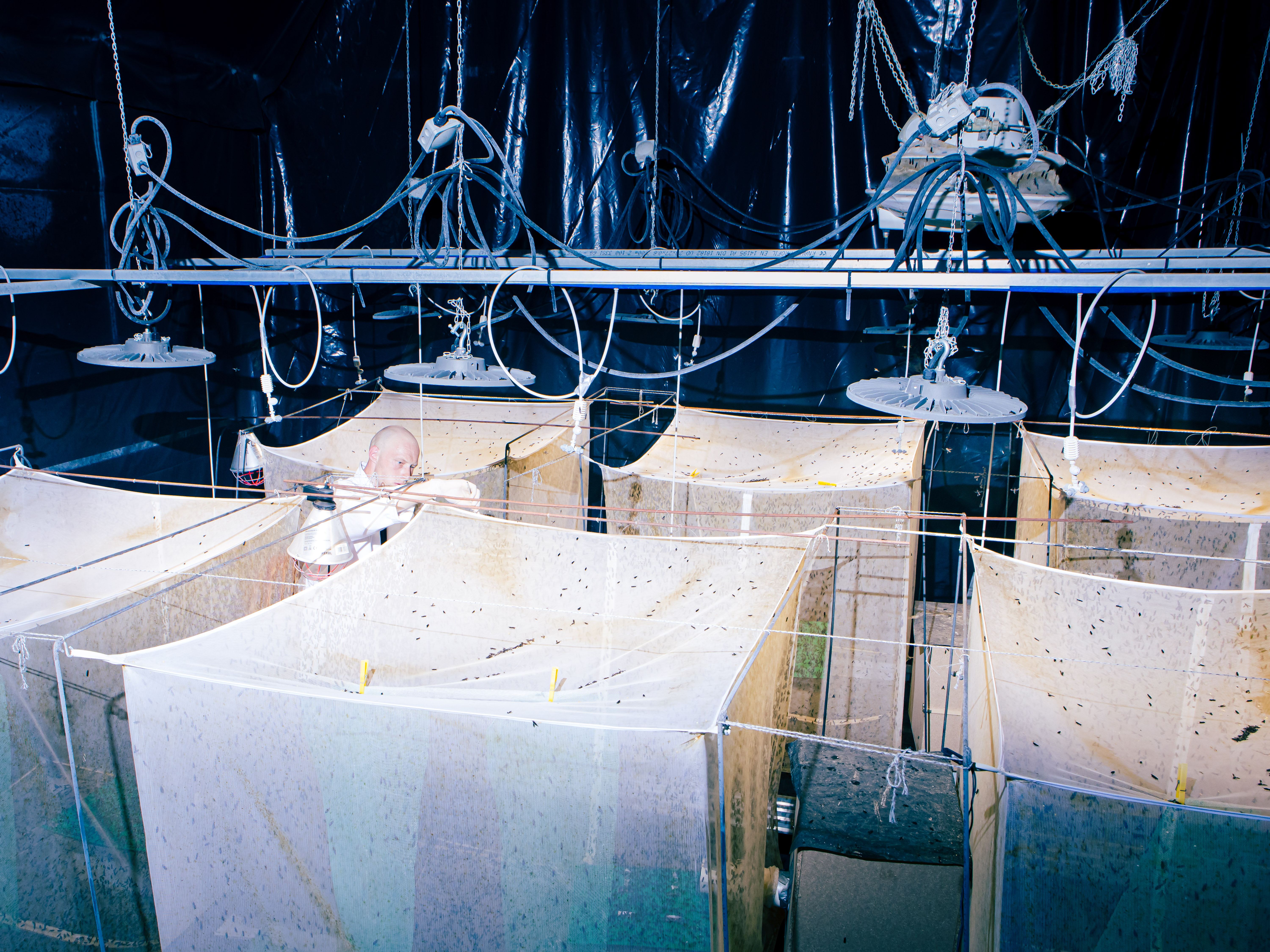Ole Witt
The food system transformation is just as important as the energy transition and the transportation transition. The fossil fuel engine is being replaced by electric motors, coal power plants will be upgraded to regenerative energies - and the food industry is also going to change permanently. Start-ups and companies around the world are researching how to use innovative technology to reduce the resources required for food production, establish new crops as sources of protein, or reduce food waste through digital networking. Many tech food approaches seem like visions from a science fiction story - and yet they are already part of our present day:
In Hamburg, a company is researching microbial mushrooms that have a higher protein content than chicken meat. In the German state of Saxony-Anhalt, protein-rich microalgae are being cultivated in kilometre long glass tubes, producing hundreds of times more biomass than conventional grain fields, and in the outskirts of Berlin, an insect larva is being bred that could revolutionise existing food cycles. The idea of using technological innovation to change the food industry is a whole movement. Food Sync gives an insight into this tech scene and underlines that not only Silicon Valley, but also European companies can do technological pioneering work.




